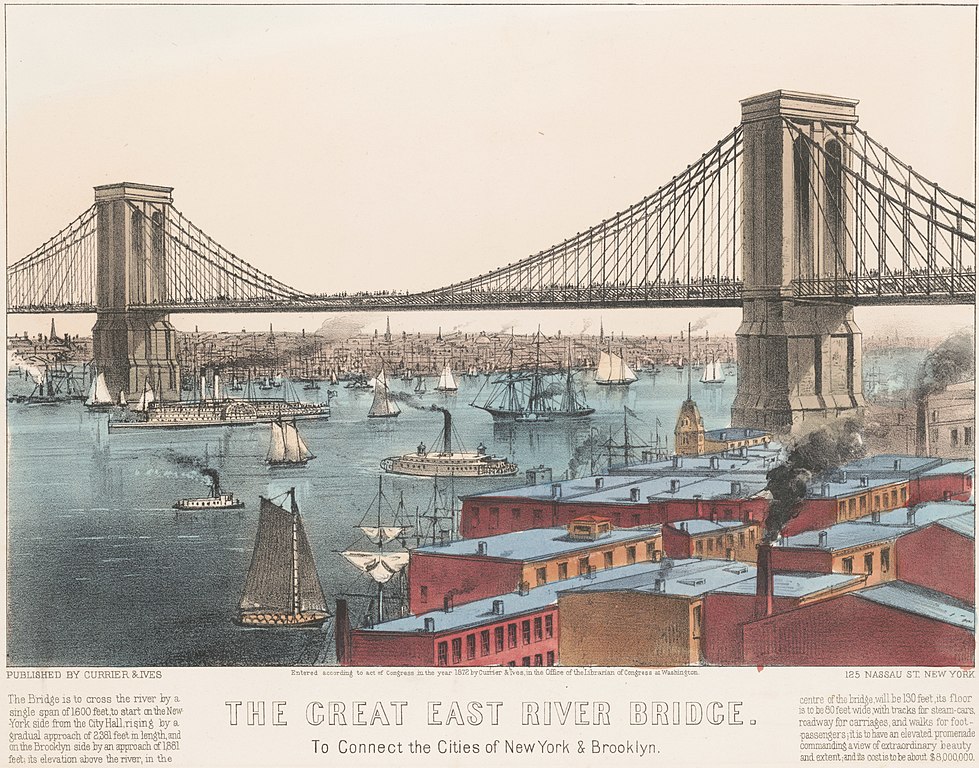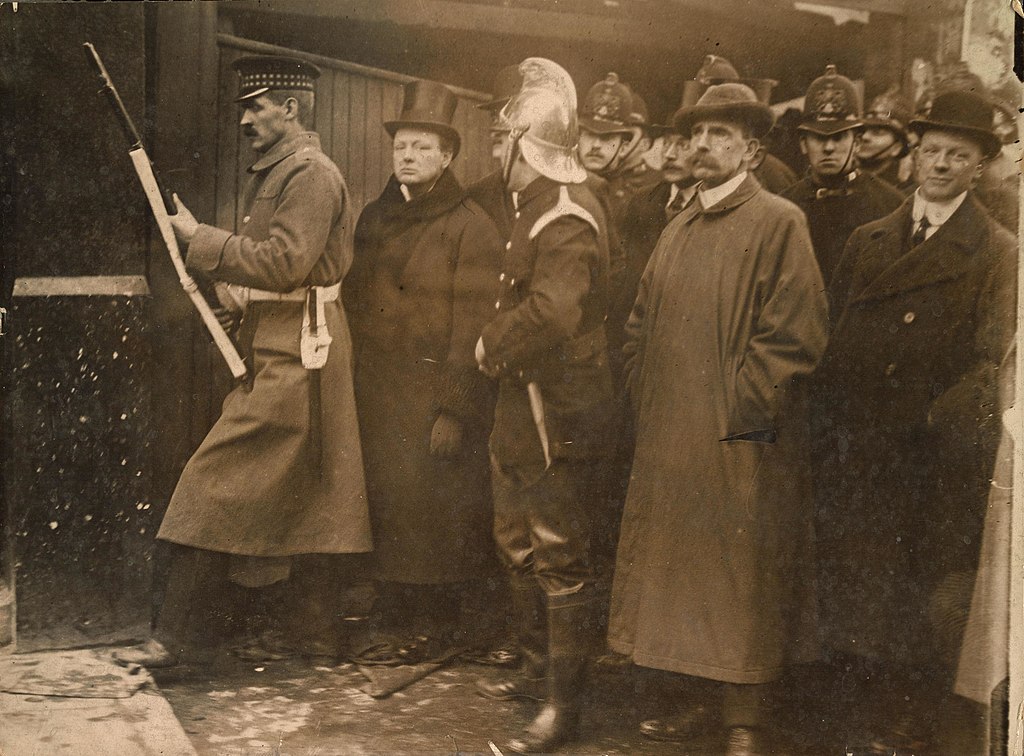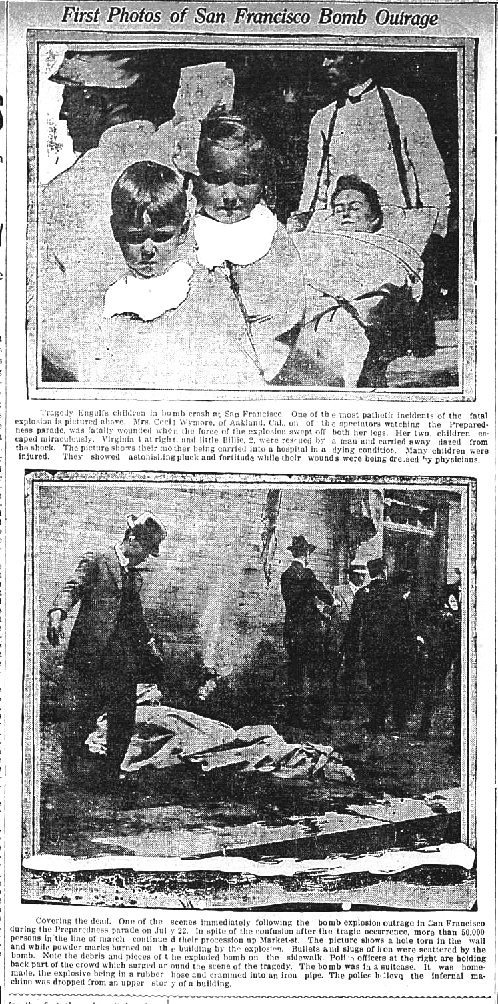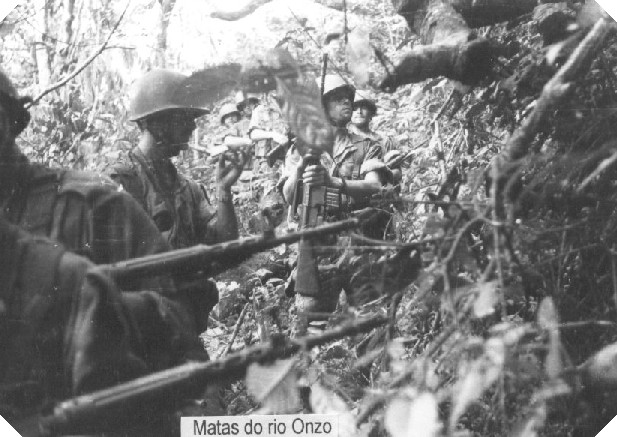1870s

Today in Labor History January 3, 1870: Construction began on the Brooklyn Bridge by the corrupt Tammany Hall-controlled New York Bridge Company. According to sworn testimony, Boss Tweed facilitated up to $65,000 in bribes to city aldermen to get their backing for a $1.5 million bond. He then became the primary holder of bridge stock. He also planned to skim money from the city’s bridge contracts, like he had done with previous large public works. However, the authorities arrested him in 1871, before he could benefit from his plan. An average of 264 individuals worked on the caissons each day. Many of them got the bends. Several became paralyzed. Others fell from the 276-foot-high towers or were hit by falling debris. At least 20 workers died during the construction.
1910s

Today in Labor History January 3, 1911: Police and army soldiers fought a gun battle with two Latvian revolutionaries in London’s East End during the Siege of Sidney Street (Battle of Stepney). In late December 1910, a gang of Latvian immigrants attempted a jewelry heist. During the robbery, they murdered three cops. The police and army responded with a siege that lasted six hours. The building where the Latvians were holed up caught fire and a firefighter died, as well as both revolutionaries.

Today in Labor History January 3, 1917: The trial of labor organizer Tom Mooney began in San Francisco on this date. Martin Swanson framed Mooney for the Preparedness Day bombing. Swanson was a detective with a long history of interfering in San Francisco strikes. Swanson maintained constant surveillance and harassment of Mooney and Warren Billings, as well as Alexander Berkman & Emma Goldman. Nevertheless, the authorities still convicted and imprisoned Billings and Mooney for the bombing. Mooney served over 22 years for a crime he did not commit.
1930s-1960s

Today in Labor History January 3, 1931: Roughly 500 farmers marched into the business section of England, Arkansas, to demand food for their starving families after their crops were ruined by a long drought. The farmers threatened to take the food by force if it was not freely provided to them. It was one of scores of such incidents occurring during the Great Depression.
Today in Labor History January 3, 1961: Agricultural workers revolted in Baixa de Cassanje, Portuguese Angola, marking the beginning of the Angolan War of Independence. The workers burned their identification cards and attacked Portuguese traders. The protest led to a general uprising. The authorities responded the next day with an air raid on twenty villages in the area, killing hundreds, possibly thousands, of villagers. Consequently, January 4 is now celebrated as Colonial Martyrs Repression Day in Angola.
